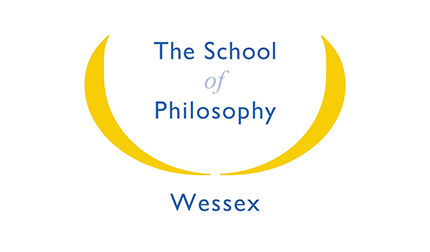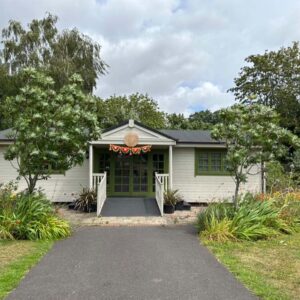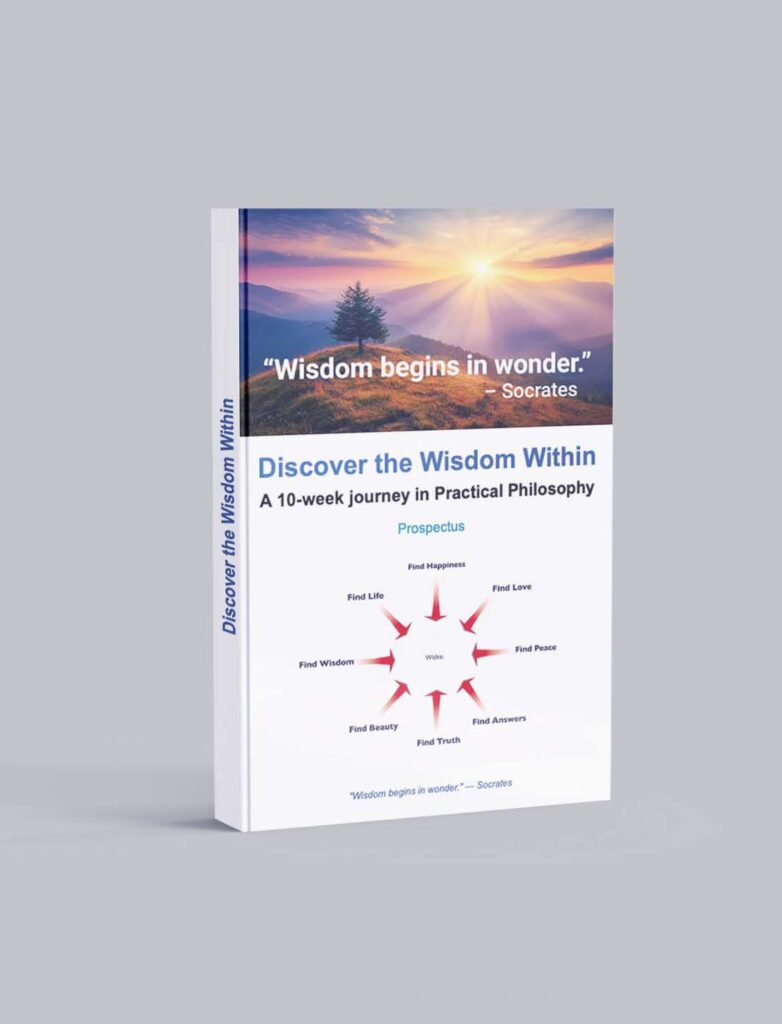Stillness & Meditation
Mindfulness and Mantra-based meditation.
Stillness & Mindfulness
- Simple technique
- Practiced at anytime or place
- Support & assistance
Mindfulness
Mindfulness in various forms has been an intrinsic part of our courses in Practical Philosophy since they first started in the 1950s. From the first evening of the introductory course, we aim to support a more mindful way of living.
Two simple practices
With the help of two simple practices, the Awareness Exercise and the Pause, our students gradually become more connected with the senses and the present moment, better able to turn the attention out to whatever or whoever is in front of them and a little less subject to mental agitation and circling thoughts.
How do mindful practices and Philosophy support one another?
The answer to this lies in the difference between philosophy as normally taught in universities and practical philosophy. Rather than seeing philosophy as primarily an exercise in thinking that develops logical and intellectual reasoning, we prefer the approach taken by the ancient Greeks and Eastern philosophers, for whom philosophy was and is a very practical concern.
Practical philosophy employs observation, experimentation and practice and develops faculties such as attentive awareness, concentration and self-discipline.
As these develop, and in particular as the mind attains a deeper level of stillness, so one is better able to penetrate the big questions of life, such as “what am I?” and “what is my relationship with the universe?”
Living and Working Mindfully
We understand how difficult it can be at first to practise mindful living at home or at work. It requires some perseverance and practice and also some specific guidance. But, as with any new skill, the more we practise, the easier it becomes.
Our experience over many years has shown the real value of practice sessions, in which we work together in a small group, under the guidance of an experienced student or tutor, and practise working mindfully and with full attention.
Opportunities for such practice (we call them ‘Working Mindfully’ practice sessions) are an integral feature of our courses after the introductory course.
In the first week of the first term all students are introduced to ‘The Awareness Exercise’. This is a simple exercise of just sitting still, being relaxed, and quietly listening to the tutor giving simple directions which focus the mind on each of the 5 senses. Usually the effect is of finding inner stillness, peace and happiness. All students are encouraged to practise this exercise regularly during the week between classes.
You can listen to the exercise by clicking here.
Watch YouTube video – click here.
First, find a balanced position of the body . . .
Let the mind be free of any concern or pre-occupation . . .
Let the body be still . . .
Be aware of where you are now . . .
Feel the touch of your feet on the ground . . .
The weight of the body on the chair . . .
Feel the touch of the clothes on the skin . . .
Feel the air on the face . . .
If they are open, let the eyes receive colour and form without any comment . . .
Be aware of the sense of smell . . .
And the sense of taste . . .
Be fully here . . .
Now be aware of hearing . . .
Let sounds come and go without any comment . . .
Let the hearing extend right out to the furthest and gentlest sounds, embracing them all . . .
Simply rest in this awareness for a few moments.
Mantra Meditation
This authentic mantra-based meditation originates in a centuries-old tradition.
- Simple technique
- Two short periods a day
- Support & assistance
Regular Practice
The technique is very simple. It is given in a simple traditional ceremony and is practised for two short periods a day.
The time taken for the practice to become established varies with each individual and much depends on the regularity of the practice. As with learning a musical instrument, deepening and refining the practice is an on-going process.
Introduction to Meditation
The method of mantra meditation is given through the School of Meditation, with whom the School of Philosophy has a long-standing relationship. The meditation is given in a short, traditional ceremony designed to bring the mind and heart to rest. The ceremony is non-religious and is there to ensure the precise passage of the mantra from generation to generation and to support the significance of the event.
You will be asked to bring four things to the ceremony, each one symbolic: some flowers, some pieces of fruit, a piece of white cloth and a donation of money. The donation is not a fixed amount but depends upon individual capacity. It symbolises the surrender of material things and is an expression of the value in which the meditation is held. All donations are used by the School of Meditation to make meditation available to others.
Meditation in the Wessex School
In Wessex, the opportunity to be introduced to mantra meditation is offered to all students who join the Introductory Practical Philosophy courses as well as to students who have been attending Philosophy courses for several terms who have not so far taken up the meditation practice.
More details about the meditation and how students can be introduced to it will be given during the weekly meetings.
If you are interested in meditating and would like to know more, do get in touch either here.
Life-time Support
Once you’ve started to meditate the Practical Philosophy School will support you in the practice by offering one-to-one tutorials with an experienced meditator. This support will be available for as long as you wish, and is completely free of charge. Tutorials take place in person or online as the student wishes.
Each term we hold meetings, so that anyone who is interested in starting to meditate can ask questions and find out more.
Registered Charity
The School of Meditation is a registered charity funded by donations, and its purpose is to make meditation readily available to anyone who wants it.
What some of our students say...
Local Course
Local face-to-face evening courses available at a choice of locations.
Peace of Mind
Following all Health & Safety guidelines for your complete peace of mind.
Practical Wisdom
Courses in practical wisdom for everyday living. Meet with like minded individuals.







Frequently asked questions
The course is practical in the sense that it takes philosophical ideas and shows how they can be of direct use in our everyday lives. The intention is to stimulate enquiry and through this expand the way we look at the world and ourselves.
Online by clicking ‘Enrol Today’ or by calling 0800 373 620 or emailing enquiries@philosophyinwessex.org
If you register online, you will receive a confirmation email with your day of attendance. If you register by any means other than online, you will receive a receipt confirming your registration.
No, all you need is an open and enquiring mind. The course is intended for everyone, regardless of education, occupation, race, political or religious belief.
First you need to enrol on a course. The in-person courses are available in Chichester, Poole and Southampton. Local maps can be found on this page. Other local venues are also available up and down the UK.
If you have any questions simply call us on 07885 114949 or by emailing enquiries@philosophyinwessex.org

Introductory Practical Philosophy Courses
Please select your preferred local course location below...
- Courses
Introductory Practical Philosophy Course Poole – Tuesday 13th January 2026
£75.00Original price was: £75.00.£60.00Current price is: £60.00. Add to basket
- Courses
Introductory Practical Philosophy Course Southampton – Monday 12th January 2026
£75.00Original price was: £75.00.£60.00Current price is: £60.00. Add to basket
- Courses
Introductory Practical Philosophy Course Chichester – Wednesday 14th January 2026
£75.00Original price was: £75.00.£60.00Current price is: £60.00. Add to basket




